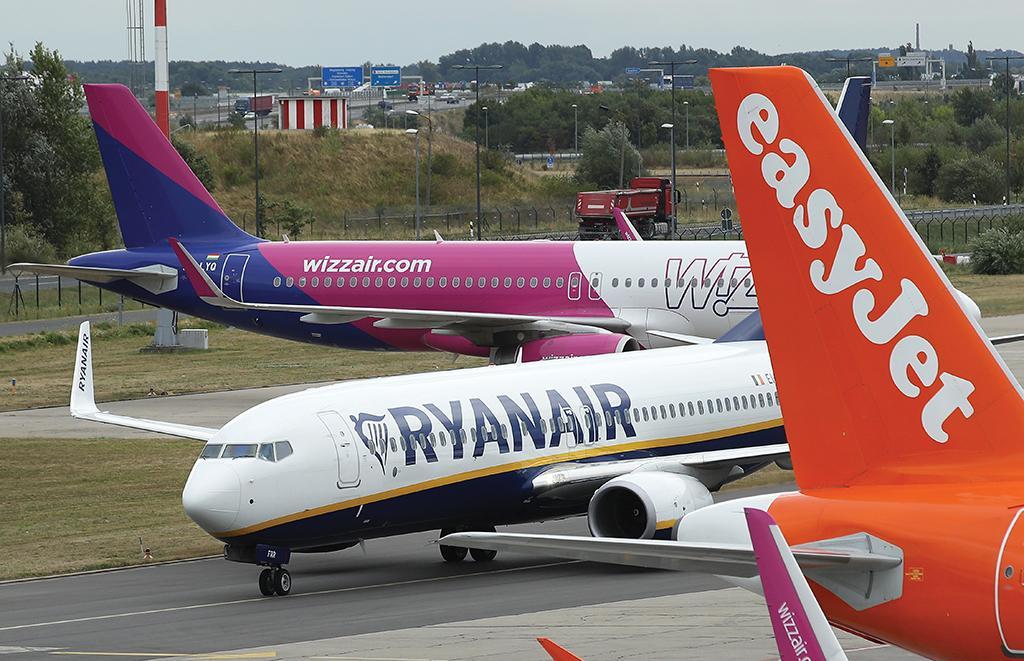A Look At Europe’s LCC Rebound Hopes

This is an abbreviated version of the article - Europe’s LCCs Prepare For Hoped-For Rebound
While Norwegian Air Shuttle’s decision to focus on its short-haul activities highlights the difficult situation long-haul low-cost carriers are facing, Europe’s short-haul low-cost carriers are holding up better against the COVID-19 crisis—even if they realize that they cannot withstand the current low levels of demand for much longer.
Although vaccination programs are now underway across Europe, the rollout will not have an immediate effect on travel demand.
Low-cost carriers (LCC) will be on the lookout for any signs of a recovery in bookings in the coming weeks, but they know that will be unlikely.
Find out more about which four airlines globally have an investment-grade rating
Since the COVID-19 crisis began, the region’s LCCs have been focusing on shoring up their finances. They have continued to operate the flights they can.
EasyJet said this month that it signed a new $1.87 billion five-year loan that would help the company pay back some shorter-term debt in the first quarter of 2021. Ryanair made a bold move in December when it placed an order for 75 Boeing 737 MAX aircraft, taking its total firm commitments to 210.
Take a more in-depth look at LCC activities in the full article
Bernstein analyst Daniel Roeska noted that the coming weeks would be crucial for the region’s airlines. “January to March is not a very important time for flying, but the most important time for bookings,” Roeska said during the CAPA event. “It is key for demand to pick up at or after Easter. However, this is not a given.
Read the article in full - Europe’s LCCs Prepare For Hoped-For Rebound by Jens Flottau and Helen Massey - Beresford




